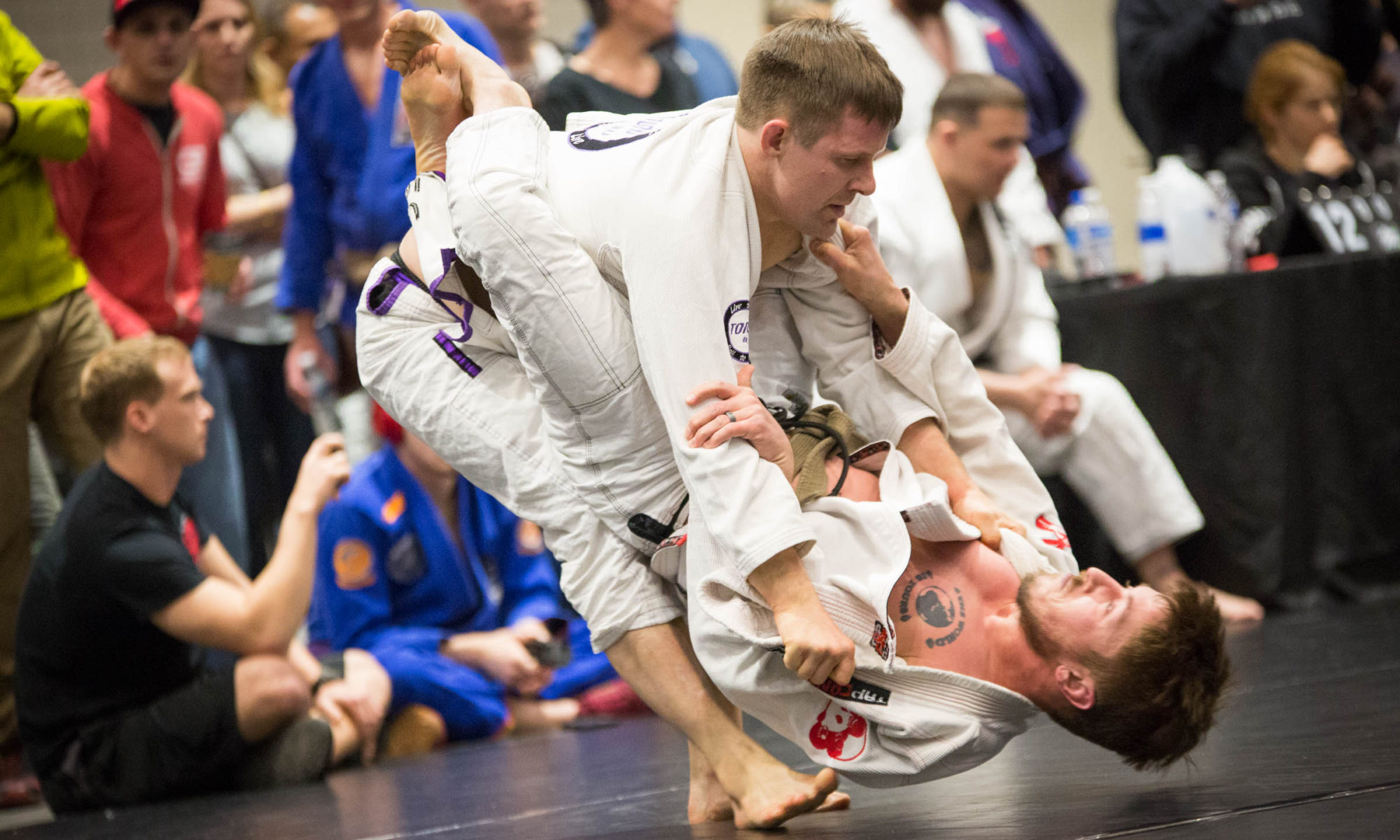Listening to American Olympic judo silver medalist and BJJ black belt Travis Stevens will make you want to get up at 5 a.m. and train five times a day. He talks to us about goal-setting, work ethic, and determination — and recounts matches that are years in the past with an emotional resonance that suggests they happened yesterday. Listeners submitted dozens of questions for Travis, and he answered them all in the way you’d expect him to — directly, thoughtfully, thoroughly. We go over his thoughts on how you should approach learning and practicing takedowns; what it takes to keep up his famous training volume, and his approach to avoiding injuries while clocking so many hours on the mat; what he really thinks about self defense; advice for judo teachers with jiujitsu students; and how the training at the Renzo Gracie Academy in New York compares to international judo training. Be sure to stay tuned for the brutal story of his 2012 Olympic semifinal, where the judges went against him in a controversial decision against Germany’s Ole Bischof.
PODCAST: Worlds 2018 medalists Sabrina Wright and Kim Rice
Everyone dreams of making the podium at the World Championships. In this episode, we talk to two competitors from North Carolina who did just that — Sabrina Wright, a purple belt who trains with Lucas Lepri in Charlotte, and Kim Rice, a brown belt who has steadily worked toward this moment for years. PLUS, Victor Estima crashes the podcast! This is the first in a series of perhaps 5 shows about the Worlds, and you don’t want to miss any of them — so please subscribe on iTunes, Stitcher, Soundcloud or Google Play.
PODCAST: Travis Stevens, Olympic silver medalist, on judo, jiu-jitsu and discipline
Listening to American Olympic judo silver medalist and BJJ black belt Travis Stevens will make you want to get up at 5 a.m. and train five times a day. He talks to us about goal-setting, work ethic, and determination — and recounts matches that are years in the past with an emotional resonance that suggests they happened yesterday. Listeners submitted dozens of questions for Travis, and he answered them all in the way you’d expect him to — directly, thoughtfully, thoroughly. We go over his thoughts on how you should approach learning and practicing takedowns; what it takes to keep up his famous training volume, and his approach to avoiding injuries while clocking so many hours on the mat; what he really thinks about self defense; advice for judo teachers with jiujitsu students; and how the training at the Renzo Gracie Academy in New York compares to international judo training. Be sure to stay tuned for the brutal story of his 2012 Olympic semifinal, where the judges went against him in a controversial decision against Germany’s Ole Bischof.
PODCAST: Dr. Jose Tufy Cairus on the History of BJJ
Dr. Jose Tufy Cairus, a historian and professor at Brazil’s Federal Institute of Santa Catarina, is one of the few scholars studying Brazilian jiu-jitsu jistory. Cairus’ father was involved with Brazilian judo for decades, and the author himself trained with Carlson Gracie — something you’ll hear all about in this interview! For more, you can read Dr. Cairus’ dissertation on BJJ history, here in PDF format.
You’ll learn what he things the biggest misconceptions about BJJ history are; who the first Japanese person to teach Kodokan Judo in Brazil was; who the first woman to train was; what the differences were between Jigoro Kano’s judo at the time and the jiu-jitsu taught by Mitsuyo Maeda (who wasn’t the only one using the “Count Koma” name); the critical role of Donato Pires dos Reis and Jacinto Ferro; the importance of Brazil’s Navy in promoting jiu-jitsu, and how Maeda taught to the Brazilian Navy in the Amazon, including Luis Soto; Geo Omori and Takeo Yano’s contributions to Brazilian Jiu-Jitsu; how Brazil’s history, including the transition from the monarchy to the Old Republic to the dictatorship to the authoritarian estado novo affected jiu-jitsu — especially a harrowing story about when Robson and Carlson were arrested by the Brazilian military government, and how they got out with the help of Helio Gracie & Helio Vigio.
PODCAST: A Positive Image of Jiu-Jitsu with Mark Cukro
PODCAST: The History and Future of US Grappling
DWB is Moving — and Growing
For the past 10 years, we’ve been proudly rooted in Durham, North Carolina — the mighty Bull City, a place that punches above its weight in terms of history, art, culture, food and jiu-jitsu. A part of me and my family will always be here in the place where esse quam videri (to be, rather than to seem) is the motto.
The only constant is change, in life and in jiu-jitsu. Dirty White Belt is moving about as far one can move and still stay in the lower 48 states, to Bellingham, Washington, home of Western Washington University. In driving from one ‘Ham to another, we’ll finish up in the upper left edge of the country, about 30 minutes from the Canadian border. We’ll be road-tripping across the USA along this route, possibly stopping at a gym near you.
Does this mean we’re going to stop writing about and podcasting about jiu-jitsu in the American Southeast? Far from it. Quite the opposite, in fact: we’re taking the show along its natural trajectory, expanding to topics national and international. Lourdes will still be here in the great state of North Carolina, doing interviews and the occasional post, and we’ll stay plugged in to the scene down here even as we acclimate to the new home place.
So if the move doesn’t mean the end — what does it mean? Growth, mostly. Expansion. And a few changes to the format of the podcast that we think you’ll like. It’s probably best to imagine some of the common questions that will come up, and respond to them. Continue reading “DWB is Moving — and Growing”

